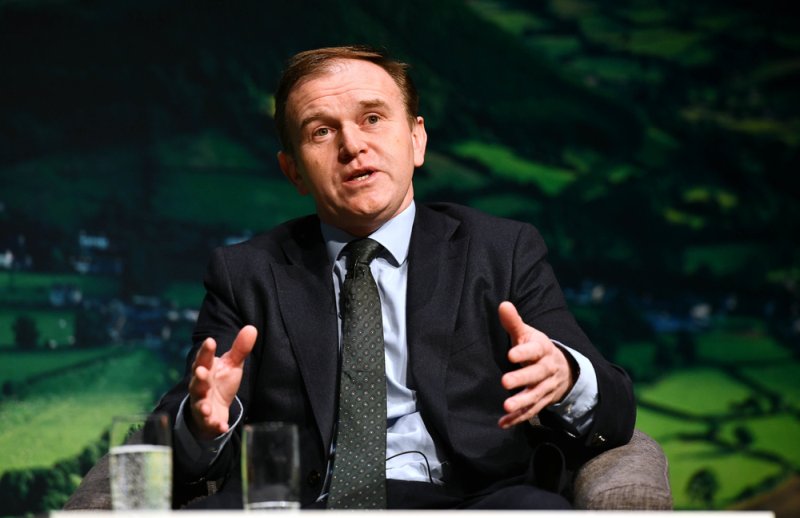
George Eustice has signalled that the government may introduce a tax on meat and dairy in the future to reduce the public's impact on the climate.
The Defra Secretary, speaking to The Telegraph on the eve of COP26 in Glasgow, said the UK must "move into the realms of things like carbon taxes" when EU subsidies are phased out.
He noted that the government was already writing up a new tax system for parts of the UK food sector, particularly for those that have the most impact on the climate.
Any tax on meat and dairy would also raise prices, but Mr Eustice said the government's own modelling suggested that prices were set to increase in real terms by 10% over the next five years.
Following the UK's transition to a new agricultural policy focused on the environment and 'public goods', he said government could "then start to move into the realms of things like carbon taxes."
It comes after COP26 president Alok Sharma told BBC’s Andrew Marr Show on Sunday (31 October) that what people ate was a 'personal choice'.
Mr Sharma, who is Business Secretary, said he believed in 'incentivising' people to change their behaviour to help combat the climate crisis.
“I have been very clear that, on a personal level, I am someone who very much believes in carrot rather than stick, trying to encourage people to move in the right direction,” he said.
NFU president Minette Batters told LBC that a meat tax would 'put farmers out of business', particular as the government signed post-Brexit trade deals with major agricultural producers.
"If we start to tax farmers here and we don't expect the same of other countries that we are importing a lot more food from - we've just signed a deal obviously with New Zealand and with Australia - and we're planning to completely liberalise.
"So if you're going to tax farmers here, not tax farmers in other countries, that's just going to put our farmers out of business," she said.
If follows research from Rothamsted Research, published in the summer, warning that any tax on red meat to help curb climate change could do more harm than good.
Researchers said such a tax would cost the economy £242 million a year, and could also force grazing livestock farms out of the industry, even when grassland is 'the most sensible land use at that particular location'.
Conversely, the savings resulting from reduced climate emissions were calculated in the region of £100 million per annum.
Dr Taro Takahashi, agricultural economist who led the research, said the economic losses would not only be borne by livestock farmers, but everyone in society.
"Solely from the climate change perspective, our results unambiguously support everyone else's finding: that a red meat tax can reduce GHG emissions," he said.
"But unfortunately, this is only half the story. As well as impacting consumers and farmers, the knock-on effects will be felt right along supply chains as well as rural communities that support and are supported by farmers."
